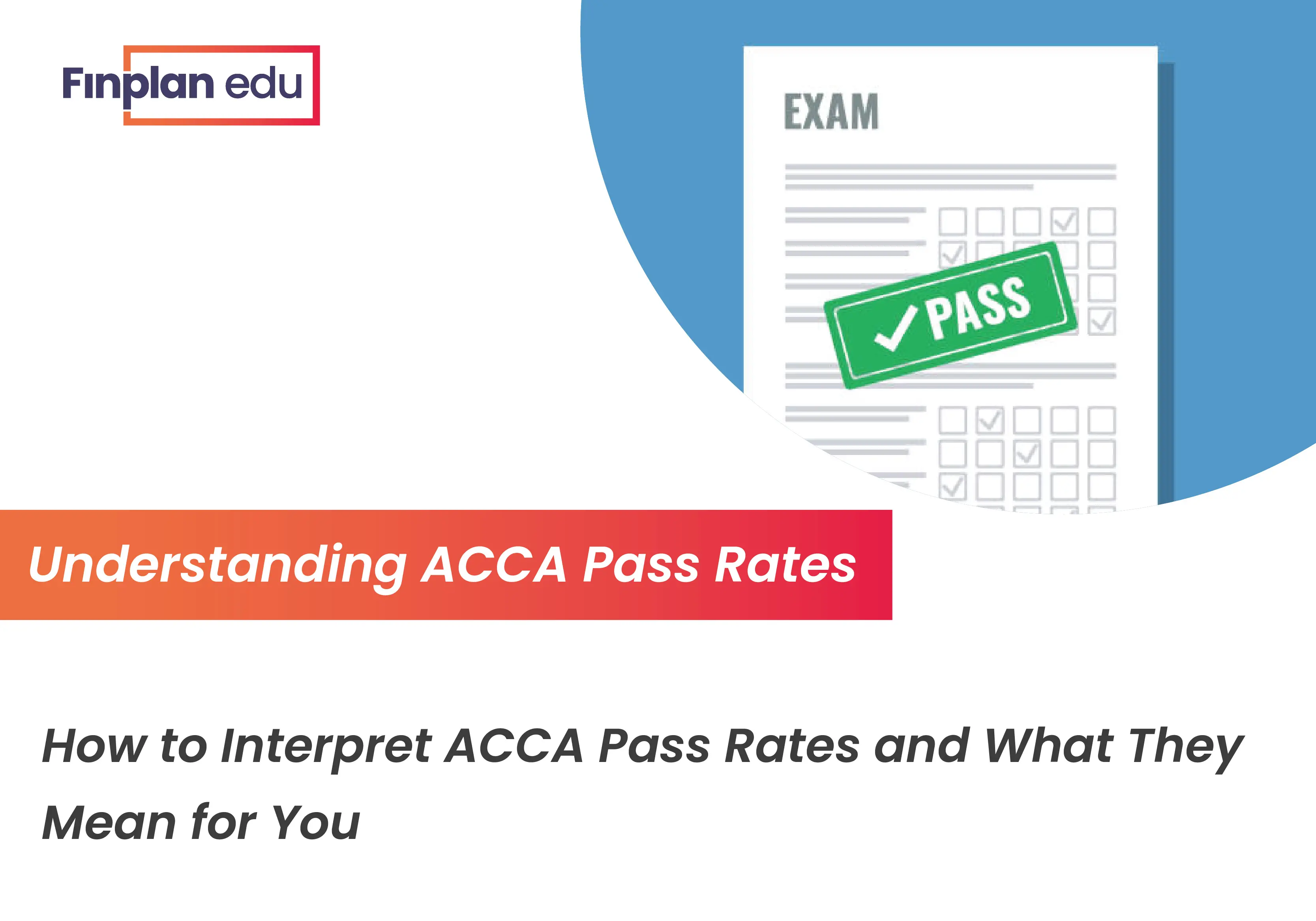Defining ACCA
The ACCA qualification is a globally recognized credential designed for professionals in the accounting and finance sectors. Founded in 1904, the ACCA is one of the oldest and most esteemed accounting bodies, with a broad international reach.
The ACCA curriculum is comprehensive, encompassing various aspects of accounting, financial management, taxation, and audit. It is structured to equip individuals with the skills needed to handle complex financial scenarios and manage accounting functions within diverse business settings.
The qualification is highly regarded for its emphasis on practical experience and ethical standards, making it a valuable asset for those pursuing careers in financial management, accounting, and auditing.
Defining CFA
The CFA designation, awarded by the CFA Institute, is a prestigious qualification recognized worldwide for its focus on investment management and financial analysis. Established in 1963, the CFA charter is esteemed for its rigorous curriculum, which delves deeply into portfolio management, financial theory, and ethical practices.
The CFA program is designed to cultivate high-level expertise in investment analysis, financial decision-making, and wealth management. It is particularly valued in the finance sector for roles that require advanced knowledge of financial instruments, market analysis, and investment strategies.
The CFA charter signifies a commitment to excellence and ethical conduct in the investment profession.



